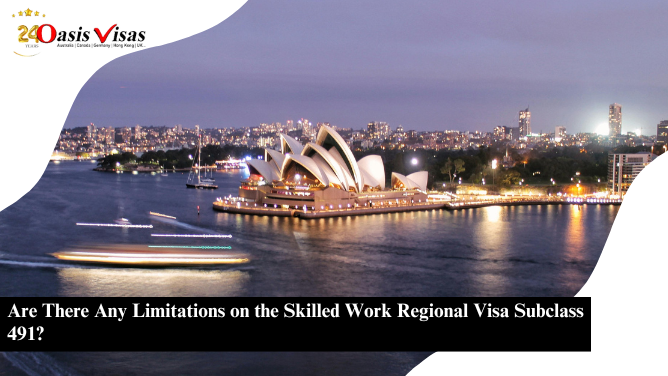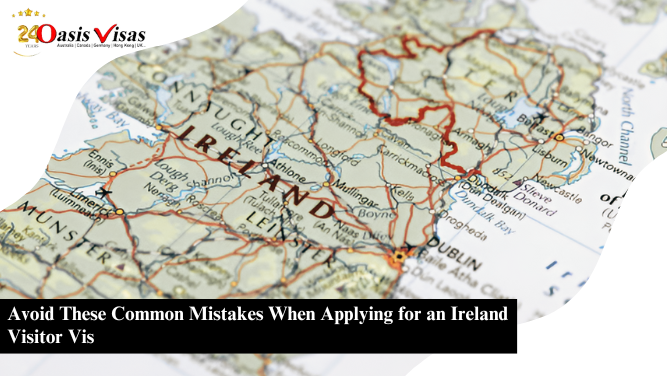
Canada has just asserted the application intake process for the PGP (Parent and Grandparents Program) 2022.
IRCC (short for Immigration, Refugees and Citizenship Canada) will issue ITAs (Invitations to Apply) over the next two weeks to 23,100 interested potential sponsors. It has been stated this figure seems enough to achieve this goal of accepting up to 15,000 complete applications for sponsorship under the PGP 2022. Invitations will commence later this week.
IRCC will draw from those with great interest in sponsoring their parents and grandparents in autumn 2020. It states there are some 155,000 potential sponsors remaining in the pool. There was a time when potential sponsors were given 3 weeks to specify their interest by completing a form on the website of IRCC. It then held a lottery and accepted some 10,000 applications for the PGP 2020. Last year, Immigration, Refugees and Citizenship Canada drew from the same pool to accept 30,000 applications for the PGP 2021.
Eligibility for the PGP
You can sponsor your parents and grandparents under the following eligibility criteria:
- You live in Canada
- You are 18 years old as a minimum
- You are a permanent resident or a citizen of Canada, or a person registered in Canada as an Indian under the Canadian Indian Act
- You have enough funds for supporting the individuals you are looking to sponsor (by demonstrating you meet the Minimum Necessary Income)
The MNI (short for Minimum Necessary Income) is a prime eligibility factor for the PGP. You need to provide this necessary income proof after you have expressed an interest in sponsorship via the online form. However, the application will be refused if applicants who are chosen and invited to apply do not meet the requirement for the necessary income.
Sponsors across the country (in every province as well as a territory with the exception of Quebec) who are invited to apply and their co-signers (if applicable) will have to provide Notices of Assessment from the CRA (Canada Revenue Agency) for all the three taxation years right away preceding the application date.
Determining the size of the family for interested sponsors is of utmost importance. That way they will be able to meet the requirements for minimum necessary income, including all persons for whom they will be financially responsible once they become sponsors, including:
- The interested sponsor
- Their spouse or common-law partner
- Their (dependent) children
- The partner’s or spouse’s children dependent on them
- Any other person who is likely to be sponsored by the interested sponsor in the past, for whom they are monetarily responsible
- The parents and grandparents they are looking to sponsor and their dependents (spouse or partner and dependent children)
- Any dependent children who won’t come to the country with their parents or grandparents
- The spouse or partner of their parent or grandparent, even if they won’t come to the country
- The separated spouse of their parent or grandparents
Many people have experienced a loss of income during the COVID-19 pandemic. Due to this, IRCC is reducing its MNI thresholds for the 2020 and 2021 calendar years by 30 percent compared to what it would usually be. Additionally, IRCC is allowing regular employment insurance advantages and temporary coronavirus pandemic advantages (including the Canada Emergency Response Benefit) to be counted toward the income of a sponsor.
Sponsor Who Live in Quebec
Canadians who are looking to sponsor a parent or grandparent and who reside in Quebec have their income evaluated by the immigration ministry of Quebec, which is based on the province’s income requirements.
The IRCC and the Quebec government require a signed undertaking from interested sponsors. This undertaking specifies how long the sponsor will be economically responsible for the family members they are sponsoring from they become Canada’s permanent residents.
The undertaking length for parents, as well as grandparents, is 20 years for residents of every province in Canada with the exception of Quebec. For Quebec residents, the duration of that commitment is 10 years.
Super Visa
Parents and Grandparents of Canadians are likely to be eligible for the Super Visa, with a validity of 10 years which enables holders to reside in the country as a visitor for five years. They don’t even have to renew their documents.









